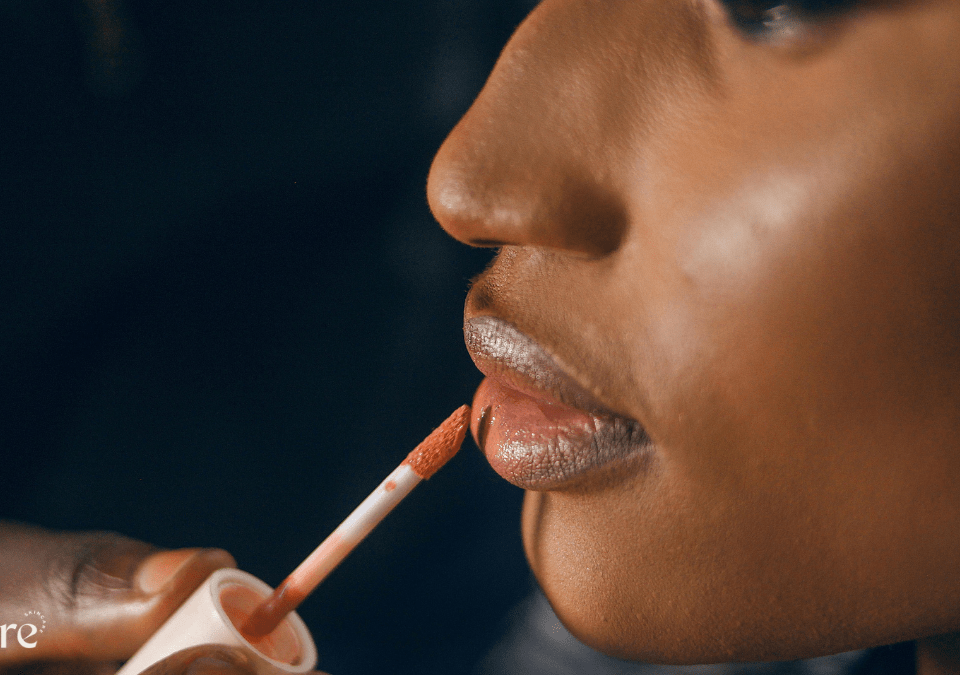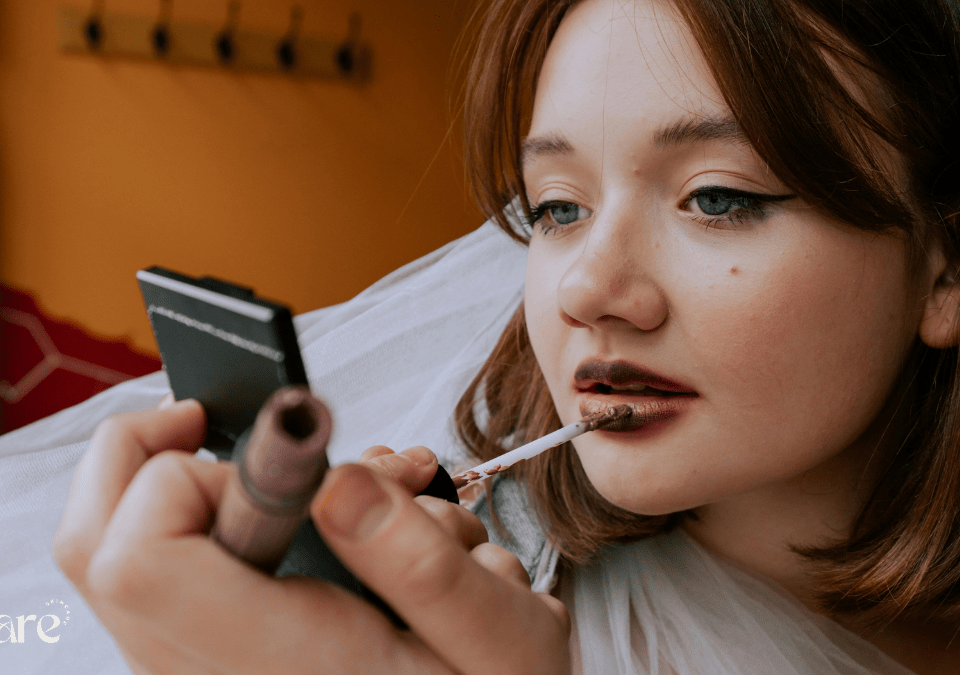Wondering about Asian skin pigmentation? It’s a common concern thanks to higher melanin levels, making dark spots, melasma, and hyperpigmentation more noticeable. The best treatment for pigmentation on Asian skin often includes daily sunscreen (SPF 50), vitamin C, and gentle actives like niacinamide. To get rid of dark spots on Asian skin, try hydroquinone or IPL, but go slow—our skin can be sensitive. Melasma on Asian skin needs patience, while Asian sun spots might call for lasers. Check out top products and Reddit tips for hyperpigmentation Asian skin to find what works for you!
Understanding Asian Skin Pigmentation: A Deep Dive into Causes and Solutions
Hey there! If you’ve ever looked in the mirror and wondered why your skin seems to hold onto dark spots or uneven patches longer than you’d like, you’re not alone. Asian skin pigmentation is something many of us deal with, and it’s a topic worth unpacking. Whether it’s stubborn melasma, pesky sun spots, or just a general uneven tone, I’ve got you covered with practical info that’s easy to digest. Let’s chat about what makes Asian skin unique, why pigmentation happens, and how to tackle it with confidence.
What Makes Asian Skin Special?
Asian skin isn’t just one thing—it’s a beautiful spectrum of tones and textures. But one thing most of us share? A higher amount of melanin, the pigment that gives skin its color. This melanin is a double-edged sword. It offers some natural protection from the sun (score!), but it also means our skin can overreact to irritation or UV rays by producing extra pigment. That’s why dark spots or scars can stick around like uninvited guests. Plus, our skin tends to be a bit more prone to sensitivity, which can complicate things when pigmentation pops up.
Why Does Pigmentation Happen?
So, why does this happen to us more? Well, it’s a mix of biology and lifestyle. Sun exposure is a biggie—those UV rays trigger melanin production, leaving behind what I like to call “Asian sun spots.” Then there’s melasma, a tricky condition that shows up as patchy brown areas, often tied to hormones or sun exposure. And don’t forget hyperpigmentation, which can come from acne scars or even a scratch that didn’t heal quite right. I’ve seen folks on platforms like Reddit asking about “hyperpigmentation Asian skin” all the time, and it’s clear this is a shared struggle.

Melasma on Asian Skin: What’s the Deal?
Let’s zoom in on melasma for a sec. If you’ve got symmetrical brown patches on your cheeks or forehead, you might be dealing with this. It’s super common in Asian skin because of our melanin levels and how our skin responds to triggers like pregnancy, birth control, or even stress. I’ve talked to dermatologists who say melasma Asian skin needs a gentle, consistent approach—harsh treatments can backfire and make it worse. Patience is key here, trust me.
How to Get Rid of Dark Spots on Asian Skin
Okay, let’s get to the good stuff—how do we kick those dark spots to the curb? First off, sunscreen is your BFF. I’m talking SPF 50, broad-spectrum, every single day. It stops new spots from forming while you work on fading the old ones. For treatments, there’s a bunch of options. Hydroquinone Asian skin formulas (usually 2-4%) can lighten spots over a few months, but you’ve got to use it carefully—too much can irritate. I’ve seen people pair it with a soothing moisturizer to keep things calm.
IPL for Asian Skin Hyperpigmentation
Another route? Chemical peels or IPL (intense pulsed light). IPL Asian skin hyperpigmentation treatments can target deeper pigment, but here’s the catch: our skin can be sensitive to it, so you need a pro who knows how to adjust the settings. I’ve heard mixed reviews—some swear by it, others say it left their skin red for weeks. Start low and slow if you try it.
Best Products for Hyperpigmentation on Asian Skin
Now, let’s talk products. You don’t need a fancy 10-step routine—just a few heavy hitters. Vitamin C serums are gold for brightening—look for ones with 10-20% concentration. I’ve used a couple that made my skin glow without stinging. Then there’s niacinamide, a gentle ingredient that fades spots and evens tone. Pair it with a hydrating cream, and you’re golden. For something stronger, retinoids (like tretinoin) can speed up cell turnover, but start with a low dose—our skin can get cranky otherwise.
If you’re browsing “best products for hyperpigmentation Asian skin” online, you’ll see brands like The Ordinary or Paula’s Choice pop up. They’re affordable and effective, but always patch-test first. Oh, and tranexamic acid is having a moment—it’s great for melasma and doesn’t irritate as much as hydroquinone.
Best Treatment for Pigmentation on Asian Skin
So, what’s the best treatment for pigmentation on Asian skin? It depends on your vibe. If you’re into quick fixes, a derm might suggest a combo of hydroquinone and a mild peel. For a slower-but-surer path, stick to a routine with sunscreen, vitamin C, and a retinoid. I’ve seen friends get amazing results with consistency—think 3-6 months, not overnight miracles. If you’re dealing with Asian sun spots, lasers like Q-switched Nd:YAG can zap them, but again, find someone experienced with Asian skin tones.
The Reddit Scoop: Hyperpigmentation Asian Skin
Hop on Reddit, and you’ll find threads buzzing about this. People share everything from DIY masks (spoiler: turmeric stains more than it helps) to legit derm advice. One tip I saw on “hyperpigmentation Asian skin Reddit” threads? Double-cleansing to keep pores clear, followed by a brightening essence. It’s low-key but adds up over time. The community vibe there is real—folks are honest about what works and what flops.
Things to Watch Out For
Here’s a heads-up: Asian skin scars easily, so picking at pimples or overdoing treatments can leave marks. And while lightening your skin might sound tempting, chasing a super-pale look can mess with your natural tone. Focus on evening it out instead—healthier and way less stress. Also, skip the hype around random “miracle” creams online. Stick to proven stuff, and chat with a derm if you’re unsure.
My Takeaway
Dealing with pigmentation isn’t a sprint—it’s a marathon. Whether it’s melasma Asian skin woes or stubborn dark spots, the trick is finding what your skin likes and sticking with it. Sunscreen’s non-negotiable, and layering gentle actives like vitamin C or niacinamide can make a big difference. I’ve been there, tweaking my routine until I found what clicked, and it’s worth the effort. You’ve got this!
My Personal Experience
Growing up with Asian skin, I’ve had my share of pigmentation battles. I remember freaking out over a dark spot from a popped pimple that just wouldn’t fade. “Why is my skin so dark, Asian genes?” I’d groan. Sunscreen wasn’t my thing back then, and boy, did I pay for it—those Asian sun spots started creeping in. I tried hydroquinone once, and it worked, but my skin got so dry I had to stop. Eventually, I found my groove with a simple combo: SPF every morning, a vitamin C serum, and a moisturizer with niacinamide. It took months, but my tone evened out. Scarring’s still a worry—my skin marks easily—but I’ve learned to let it heal naturally. Anyone else been there?

FAQ’s
Is hyperpigmentation common in Asians?
Yep, totally! Our higher melanin levels mean we’re more prone to dark spots, melasma, and post-acne marks. It’s not just you—it’s a skin thing for many of us.
How can I lighten my Asian skin?
Lightening’s tricky—focus on evening your tone instead. Sunscreen, vitamin C, and niacinamide can fade spots without pushing your natural shade too far. Avoid harsh bleaching stuff; it’s not worth it.
Why is my skin so dark, Asian or not?
It’s usually melanin doing its job, plus sun exposure or inflammation. For Asians, our skin can overproduce pigment when stressed, leaving darker patches. Sunscreen helps stop it from getting worse.
Why does Asian skin scar easily?
Blame it on our skin’s thickness and melanin response. When we get a cut or acne, the healing process can trigger extra pigment or keloids. Gentle care and no picking are key!
What’s the best treatment for pigmentation on Asian skin?
A combo of SPF 50, a brightening serum (like vitamin C), and maybe hydroquinone or IPL if you’re up for it. Consistency beats everything—give it a few months.
How do I get rid of dark spots on Asian skin?
Sunscreen daily, plus a retinoid or tranexamic acid at night. Be patient—those spots fade slowly but surely with the right routine.
Conclusion
At the end of the day, Asian skin pigmentation is just part of our unique makeup. It might take some trial and error to find what works, but with the right tools—like a solid sunscreen habit and a few trusty products—you can keep those dark spots in check. It’s all about embracing your skin while giving it a little TLC. Here’s to clearer, happier days ahead!
Read More Articles Here:




